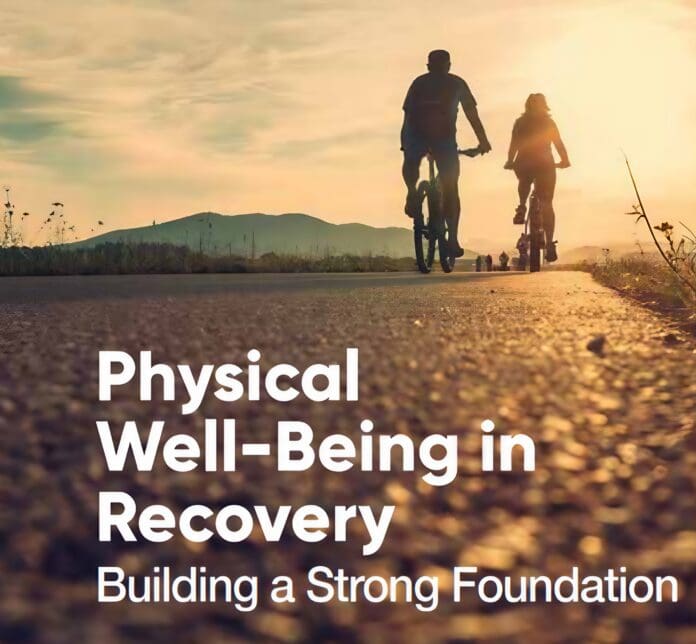Physical well-being is a key part of recovery, helping people rebuild health, gain energy, and feel more balanced. In Recovery Allies, Alison Jones Webb reminds us that recovery isn’t just about stopping substance use—it’s also about caring for our bodies, minds, and relationships. A healthy body supports emotional strength and lasting recovery.
Substance use can lead to health issues like poor nutrition, sleep problems, and low energy. Exercise and good nutrition help the body heal and provide a sense of structure and confidence. Even light movement like walking, stretching, or yoga can improve mood, reduce stress, and boost self-esteem. Sleep is also vital—rest helps the body recover and supports mental clarity.
Nutrition plays a big role too. Eating whole foods, staying hydrated, and limiting sugar can stabilize energy and mood. Restoring physical health strengthens emotional balance and helps people engage more fully in their relationships and communities.
Physical wellness is a core part of “recovery capital”— the inner and outer resources that support healing. From movement to rest to food, taking care of the body helps people in recovery feel strong, hopeful, and ready to build a meaningful life. Small daily choices lead to powerful, long-term change.



